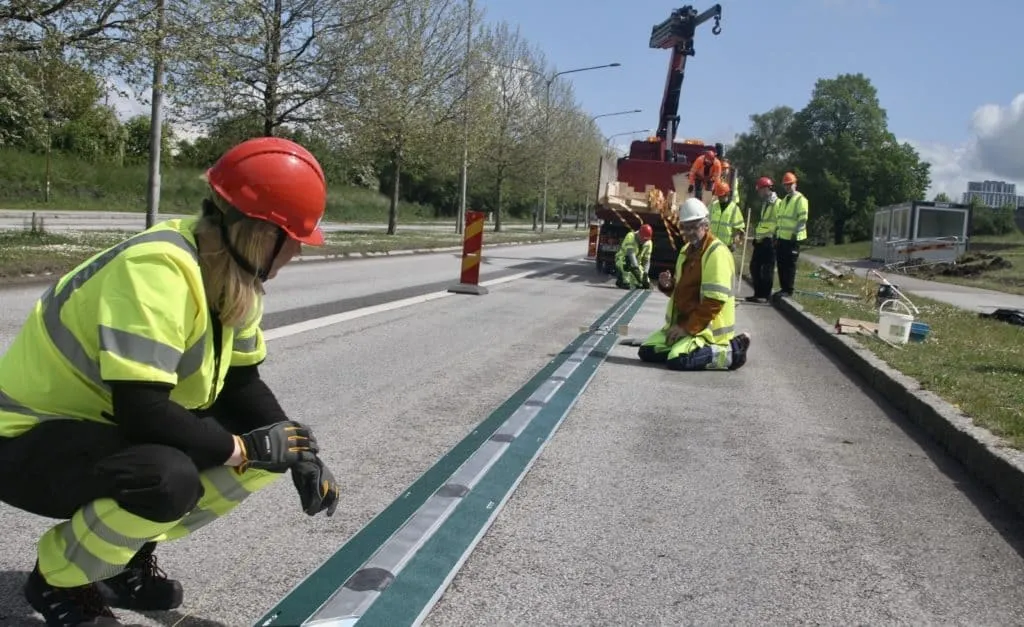The Lighting Research Center (LRC) at Rensselaer Polytechnic Institute has been conducting evaluations of LED replacement lamps, most recently those with a mogul base. Its report on phase 1 of the project, Mogul based LED replacement lamps, provides details of the market characterisation and pilot photometric testing of 18 representative mogul base LED lamps alone and in luminaires.
LRC found that only four of the 18 lamps met the minimum DesignLights Consortium Qualified Products List criteria for retro
January 13, 2015
Read time: 2 mins
The Lighting Research Center (LRC) at Rensselaer Polytechnic Institute has been conducting evaluations of LED replacement lamps, most recently those with a mogul base. Its report on phase 1 of the project, Mogul based LED replacement lamps, provides details of the market characterisation and pilot photometric testing of 18 representative mogul base LED lamps alone and in luminaires.
LRC found that only four of the 18 lamps met the minimum DesignLights Consortium Qualified Products List criteria for retrofit kits when the lamps were placed in area lighting and roadway luminaires. The lamps tested in wall pack and high bay luminaires did not meet the applicable minimum efficacy criteria for retrofit kits.
LRC also conducted a comprehensive survey of specifiers to identify key considerations for lamp selection and relevant luminaire performance characteristics for various lighting applications, such as light output, intensity distribution, size, to support the development of a performance testing plan, the results of which are also included in the report.
Phase 2 is now underway, consisting of additional performance testing of mogul base LED lamps in representative luminaire types. The results of Phase 2 testing will be released as they become available.
The report was funded by the Bonneville Power Administration (BPA) as an assessment of the state of technology development and the potential for emerging technologies to increase the efficiency of electricity use. BPA is undertaking a multi-year effort to identify, assess and develop emerging technologies with significant potential for contributing to efficient use of electric power resources in the Northwest.
“The market is changing so rapidly—and with any new product, it’s important to understand the full range of quality and performance available to consumers,” said John Wilson, Commercial and Industrial Lighting program manager at the Bonneville Power Administration. “This research will help utilities in the Pacific Northwest to make smart and reliable investments in energy efficiency.”
LRC found that only four of the 18 lamps met the minimum DesignLights Consortium Qualified Products List criteria for retrofit kits when the lamps were placed in area lighting and roadway luminaires. The lamps tested in wall pack and high bay luminaires did not meet the applicable minimum efficacy criteria for retrofit kits.
LRC also conducted a comprehensive survey of specifiers to identify key considerations for lamp selection and relevant luminaire performance characteristics for various lighting applications, such as light output, intensity distribution, size, to support the development of a performance testing plan, the results of which are also included in the report.
Phase 2 is now underway, consisting of additional performance testing of mogul base LED lamps in representative luminaire types. The results of Phase 2 testing will be released as they become available.
The report was funded by the Bonneville Power Administration (BPA) as an assessment of the state of technology development and the potential for emerging technologies to increase the efficiency of electricity use. BPA is undertaking a multi-year effort to identify, assess and develop emerging technologies with significant potential for contributing to efficient use of electric power resources in the Northwest.
“The market is changing so rapidly—and with any new product, it’s important to understand the full range of quality and performance available to consumers,” said John Wilson, Commercial and Industrial Lighting program manager at the Bonneville Power Administration. “This research will help utilities in the Pacific Northwest to make smart and reliable investments in energy efficiency.”









